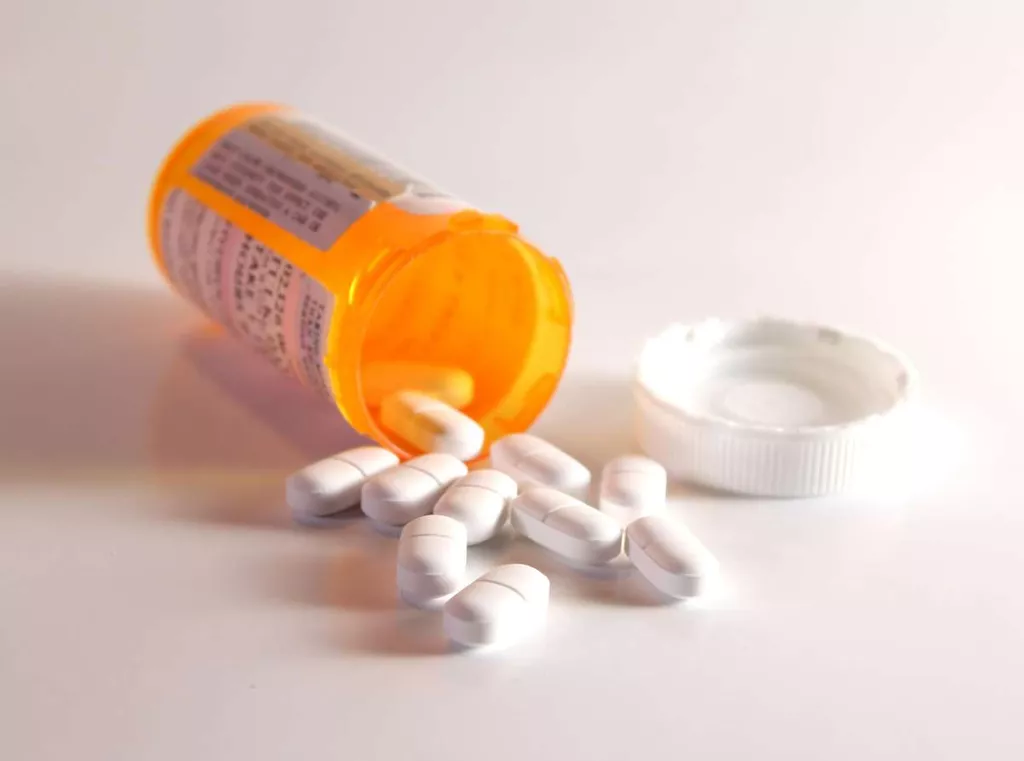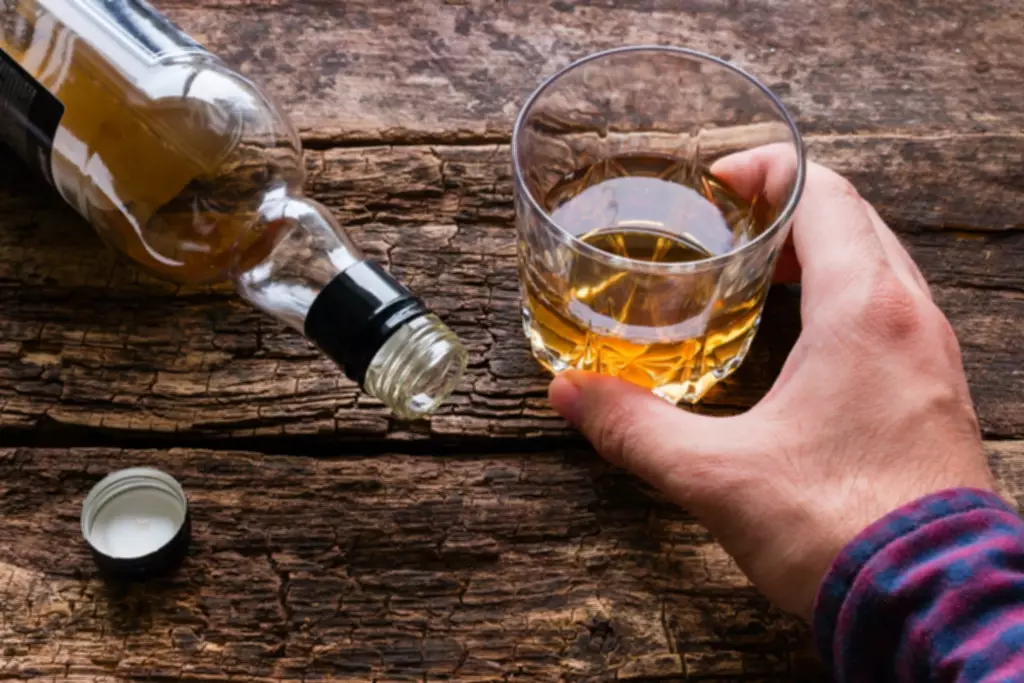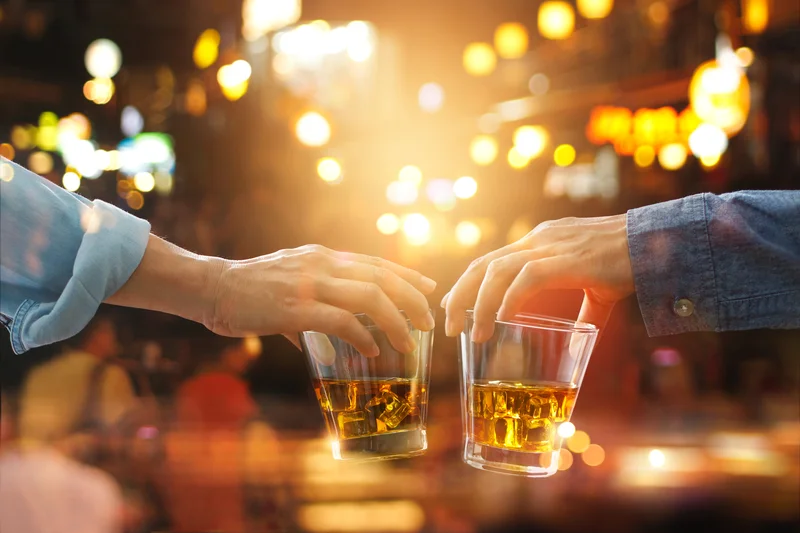Why You Get Stuffy Nose After Drinking Alcohol and How to Stop It

This effect can also make you feel hot when you drink alcohol, but it can also lead to short-term nasal congestion. The blood vessels around your nasal cavity can expand, making it a bit more difficult to breathe normally. When people consume alcohol, their body tries to detoxify it by breaking down the compound into its why do i sneeze when i drink alcohol smaller components. It is stronger after a winemaking process than it was before, making it an integral part of the finished product. In addition to raisins and dried fruits, sulfates are used as preservatives in some foods, including wines. The presence of sulfites does not always mean the wine is of a lower quality and, in fact, may be used to prevent spoilage.
Can the temperature of the alcohol affect sneezing?

Understanding the underlying cause of sneezing after drinking beer can help individuals manage their symptoms effectively. This type of allergy occurs when an individual cannot break down sulfites, which are a byproduct of fermentation and appear in wine and other alcoholic beverages. Symptoms may include hives, swelling, difficulty breathing, headaches, nausea and vomiting. For those with severe allergies or asthma, sulfite intolerance can be life-threatening. For mild cases of sulfite intolerance, avoiding products with added sulfites may provide relief. In severe cases, alcohol allergies can lead to anaphylaxis, a life-threatening reaction that requires immediate medical attention.

New Study Finds That 1 Percent Of The Population Is Sensitive To Sulfites In Wine

Even those who only deal with nasal congestion from alcohol can benefit from Sunset’s ingredients. We have plenty of reasons on alcohol intolerances, allergies and what to do next. Our complete guide to Sudden Alcohol Intolerance is an excellent introductory resource to this condition. Histamines can be found in wine, as they are produced when yeast is used to ferment grapes. For these reasons, it is important for winemakers to be aware of the possible effects that histamines may have on some people. As such, The TTTB has proposed a change to the labeling requirements which will require winemakers to list any ingredients that may contain histamines on the label.
Sneezing When You Drink Wine? 5 Common Culprits and How to Avoid Them
Lastly, always practice responsible drinking and take frequent breaks while consuming alcohol. If you have any questions or concerns regarding your breathing difficulties, please contact a medical professional for advice. It is important to seek medical advice as soon as possible if you experience any of these symptoms after drinking wine. A doctor will be able to determine the cause of your symptoms and provide appropriate medical treatment. In some cases, it may be necessary to discontinue drinking wine altogether to avoid further complications.
Does the amount of alcohol consumed affect the likelihood of sneezing?
Paying attention to which beverages cause symptoms can help people manage their alcohol intolerance. Researchers are exploring the complex relationship between alcohol and allergic reactions. One theory suggests that alcohol-induced sneezing may be related to nasal congestion. Alcohol has been known to cause dilation of blood vessels, including those in the nasal passages, leading to congestion and potentially triggering sneezing. For those with histamine intolerance, it is crucial to be aware of how histamines in alcohol affect the body. This knowledge can guide individuals in making informed decisions about alcohol consumption, especially if they have experienced adverse reactions in the past.

Finally, the taste of red wine itself can also cause sneezing in some people. This is due to chemicals present in the taste buds that are activated by certain flavors or odors. Some of these chemicals can stimulate the production of histamines, which can lead to sneezing. To avoid this situation, it is important to drink Alcohol Use Disorder wines with a flavor that does not cause an allergic reaction in the body. Alcohol intolerance can cause immediate, uncomfortable reactions after you drink alcohol.
- ‘ A person experiences this reflex when their stomach is full and becomes stretched.
- Additionally, you can opt for wine alternatives such as mead or beer which typically contain lower levels of sulfites than wine.
- Wine makers must carefully balance the use of sulfates with the acidity levels to create a pleasant flavor profile without compromising its shelf life.
- This can escalate the severity of symptoms, especially at night when many people find their allergies worsen.
- Whatever the source, sneezing after drinking beer is a phenomenon that many people have experienced.
- These symptoms can occur almost immediately after consuming beer and should be considered severe and potentially life-threatening.
- In recent times, sulfur dioxide and sulfites have been considered allergens, and concerns about their safety as food additives have increased.
- Alcohol intolerance is a condition characterized by unpleasant reactions after drinking alcohol, such as an upset stomach, facial flushing, headaches and nausea.
- Alcohol intolerance occurs when your body doesn’t have the proper enzymes to break down (metabolize) the toxins in alcohol.
- Alcohol allergy, while not widespread, is a possible reaction of the immune system to the ingredients in alcohol.
- A few alcohols are less likely to trigger symptoms in people with alcohol intolerance.
If you experience sudden sneezing after consuming these beverages, it may be an indication of histamine intolerance. The key to managing histamine intolerance is to recognize which foods and https://ecosoberhouse.com/ drinks are high in histamine levels and avoid them. If you find yourself sneezing after consuming specific alcoholic beverages, the culprit could be an allergy to certain ingredients in those drinks. For instance, some individuals may be sensitive to the sulfites present in wine or the hops in beer, resulting in an allergic reaction and subsequent sneezing.

If drinking from a glass makes you sneeze, try drinking through a straw instead. This will help reduce your nose’s contact with the drink and make it less likely to trigger a sneeze. When you drink alcohol, it’s absorbed into your bloodstream and quickly travels to your brain. In this article, we’ll explore why sneezing and alcohol sometimes go hand-in-hand. The amount of alcohol consumed does not necessarily correlate with the likelihood of sneezing. No, alcohol-induced sneezing is a peculiar reaction that only affects a small percentage of individuals.


